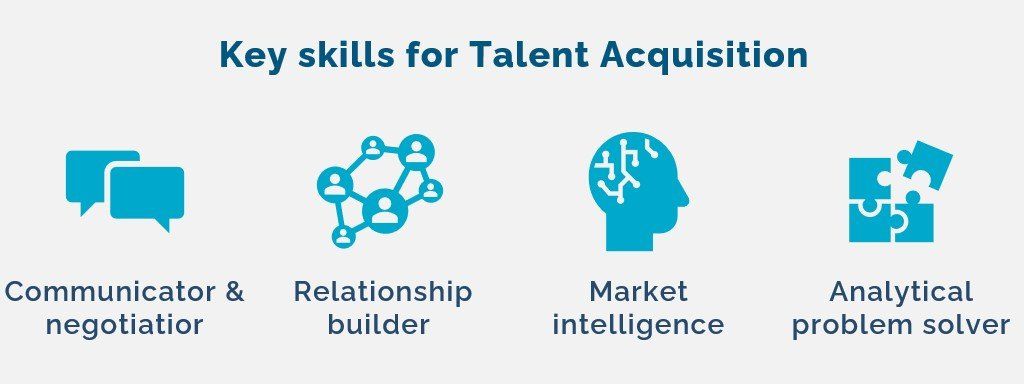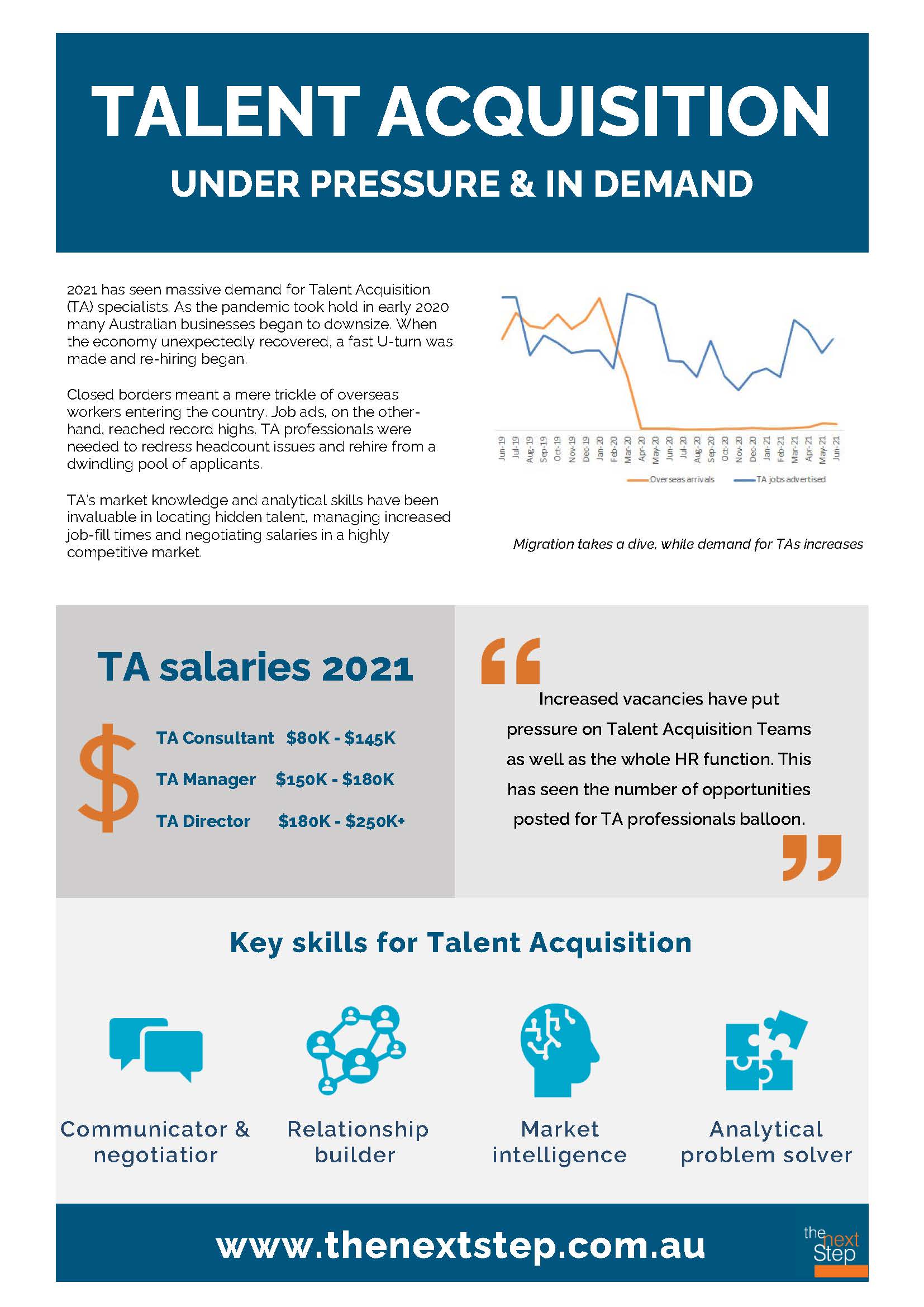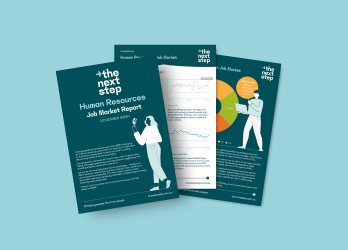Talent Acquisition: Under Pressure and In Demand

I've been keen on buying some CBA shares for awhile… 12 months actually.
I finally decided to jump in and was prepared to pay $68 a share. Unfortunately that was the purchase price from 12-months ago. More recently the going-rate is closer to $103. The market has shifted and the price has gone up with the increased demand. So do I pay the new price, or do I miss out?
So how does my little share market dilemma relate to Talent Acquisition? Read on to discover why Talent Acquisition is in demand and under pressure.
The talent market in Australia is going gang busters
The economic recovery post the initial impact of COVID in 2020 is well known. Fuelled by government stimulus and record low interest rates, business confidence quickly recovered. After hitting bottom in mid-2020, hiring levels rebounded dramatically.
Interestingly, the start of the bounce-back happened to coincide with the finalisation of a large number of layoffs, further fuelling a surge in demand in many sectors. Companies had to turn around and rehire, (particularly in some well documented examples in IT and Professional Services).
Compounding the issue has been the not inconsequential matter of closed national and state boarders. This has added fuel to the talent fire. This year, Treasury has forecast a net 77,400 migrants to leave the country after the departure of almost 100,000 in 2020-21. In March of this year, Assistant Secretary of the Treasury, Steven Kennedy said Australia had experienced “one of the largest changes” compared to other advanced economies due to lower net overseas migration caused by COVID-19 disruptions.
The net effect of the closed boarders and a strong economy is clear with the July 21 seasonally adjusted unemployment rate of 4.6% as reported by the Australian Bureau Statistics.
The strength of the talent market was also demonstrated by March and April this year being the largest number of opportunities posted in SEEK’s 23-year history with corresponding low levels of applicants. The high number of postings on SEEK has been maintained since March even though SEEK has significantly increased its prices. (potentially those posting levels would have been even higher without the price rise).
If you still don’t believe the figures, Alan Kolhar, elegantly summarises the state of the talent market since the pandemic period started.
In summary, the shortage of Talent isn’t a HR problem, for many organisations, it’s a massive business problem.
A lack of supply increases demand for Talent Acquisition
There are some really impressive initiatives and strategies being devised to attact talent but with such major shortages of people, a natty new EVP isn’t going to solve the problem. The national Health sector, for example, has an estimated gap of 45,000 people. Other sectors such as supply chain, technology, professional services, resources, and agriculture are also clearly under pressure.
So what has been the result of this demand? A significant increase in the number of open vacancies. This has put pressure on Talent Acquisition teams (as well as the whole HR function), and we have seen a subsequent increase demand for TA professionals.
"Job vacanies have put pressure on Talent Acquisition teams (as well as the whole HR function). This has seen TA job opportunities balloon and TA salaries rise."
What does that increase in demand look like for TA professionals?
The Next Step has been running our HR Opportunities Index since 2014. The index measures overall volume of opportunities in HR as well as sub-areas of the profession such as the TA/recruitment market. The index provides an insight into the current demand;
- Prior to 2021, the TA index had never broken through an index value of 100 and its all-time high point was in April 19 with a value of 89.91;
- Before the pandemic, in Feb 2020, the TA Index sat at a value of 40 (39.62);
- In June of this year, the Index sat at 120.43. This is 25% higher than at any time in the previous 7 plus years
A random sample of 150 HR opportunities posted on SEEK recently demonstrates this demand. Traditionally HR generalist roles make up 50% of all opportunities in HR and COE roles share the other half with L&D normally in the 22-25% space. Not anymore. In the sample, more than a third of all roles were TA/Recruitment roles with pure generalist roles being less than 30%.

The price for TA talent is being driven up
What has happened to salary levels for experienced TA professionals? It’s certainly not what it was 12 months ago – just like my prospective CBA shares.
How much has it moved? Unfortunately, there is no real-time way to determine this. The function is so small in most organisations (except for a few notable exceptions) that a lack of scale makes it hard to compare. In these situations, salary data is usually mixed, very broad and out of date in a fast-moving market.
In addition, TA professionals have historically been underpaid when compared to other COE areas in HR. Recent circumatance mean this disparity has now shifted. Expect to pay more for HR professionals in 2021, but especially for Talent Aquisition roles.
A scarcity of talent is clearly a major business problem for many companies. To secure TA professionals, businesses will have to either pay more or compromise their expectations until the heat is out of the market.
Just like the price for CBA shares, the TA market is more expensive than it was a year or two ago. The real value is determined by what a company is prepared to pay and what it might cost to miss out on securing an experienced Talent Acquisition professional.
Download a 1-page Talent Acquisition flyer here.

Craig Mason is CEO of The Next Group of businesses, including The Next Step. Craig is one of Australia's most experienced HR practitioners and talent resourcers, having specialised in the HR field since 1992.



